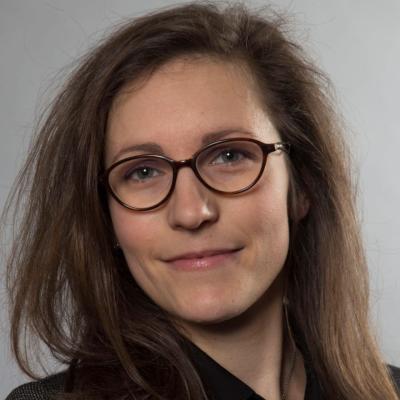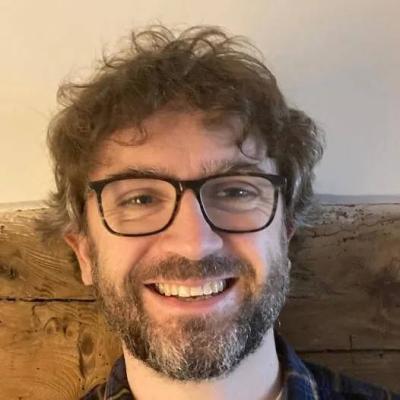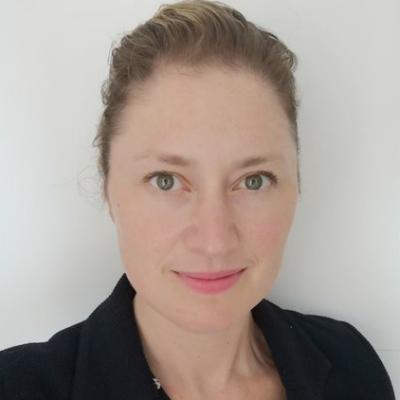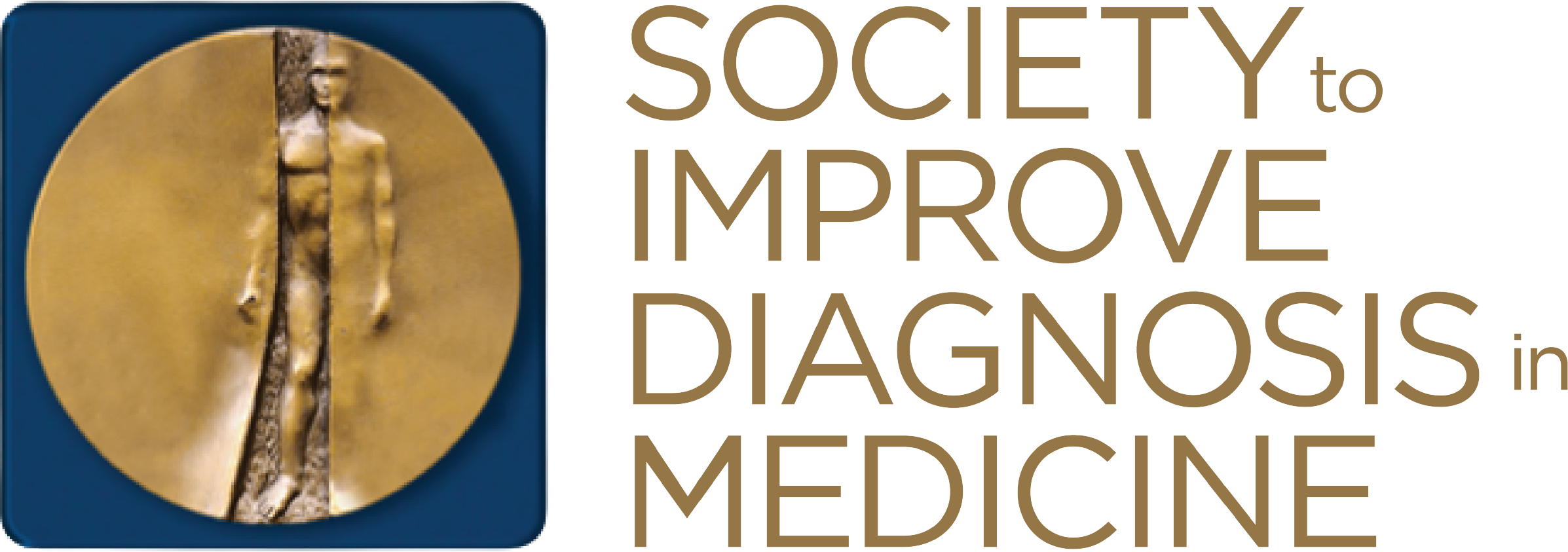Oral Abstract Presentations
Authors will present peer-reviewed abstracts of the latest innovations in diagnostic safety research, practice improvement, and will answer questions from the audience.
Oral Abstract Titles and Presenting Authors:
- A Safety-II Based Intervention to Improve the Diagnostic Process at the Emergency Department
Rick Roos, Researcher, Haga Teaching Hospital - Assessing Atypical Presentation and its Impact on Diagnostic Errors
Yukinori Harada, Senior Assistant Professor, Dokkyo Medical University - Effect of Bias, Composition, and Decision-making in Expert Panels on Diagnostic Accuracy Estimates
Bas Kellerhuis, PhD Candidate, University Medical Center Utrecht - Harnessing the Power of Teamwork for Navigating Uncertainty in the Diagnostic Process
Juliane Kämmer, Senior Research Scientist, University of Bern - Improving the Diagnostic Process of Patients with Possible Bladder and Kidney Cancer
Yin Zhou, Clinical Research Fellow and GP, University of Cambridge - Trends of Diagnostic Adverse Events Over Time and Compared to Other Types of Adverse Events
Jacky Hooftman, PhD Candidate, Amsterdam UMC
Workshop: Making AI’s Impact on the Diagnostic Workflow Visible
- x

Karin Jongsma, PhD
Associate professor of Bioethics and group lead at the department Bioethics and Health HumanitiesJulius Center
UMC Utrecht, NetherlandsProfessor Jongsma's research focuses on the ethics of new and emerging biotechnologies, with a special focus on digital technologies and medical AI. She is member of the Utrecht Young Academy and a Public Engagement fellow of Utrecht University. She received her PhD in medical ethics at the Erasmus University Medical Center and worked prior to her position in Utrecht at the University Medical Center Göttingen in Germany.
- x
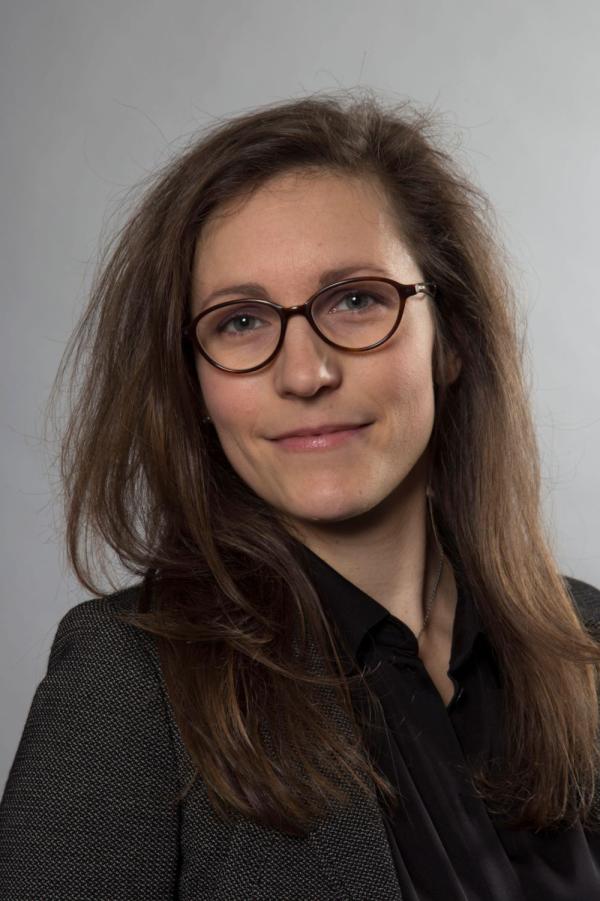
Megan Milota, PhD
Assistant professor in narrative medicine
Ambassador for the New Utrecht SchoolJulius Centre
UMC Utrecht, NetherlandsAssistant professor in narrative medicine at the Julius Centre (UMC Utrecht); she is also an ambassador for the New Utrecht School. This interdisciplinary platform was created by UMC Utrecht and Utrecht University to improve the integration of the humanities in health education. At the Julius Centre for education innovation, she focuses on the implementation of the arts in the (bio)medical curricula. Megan obtained a PhD in English literature at the University of Antwerp. Prior, she studied international law and theatre in her home country, the USA.
Many patients and medical professionals know relatively little about the ways pathologists conduct their daily work. They’re probably unaware that the field is undergoing a series of fundamental transitions, including the transition from analogue to digital workspaces and the integration of Artificial Intelligence (AI) into digital diagnostic workflows. To make these important changes in the clinical workflow of pathologists visible, this workshop will present an ethnographic film entitled ‘Samples to Slides: Craft and Labor in Pathology’. This film documents how AI might soon be used in this clinical context. It also follows the steps in the diagnostic process and allows for meaningful reflection on how AI might change the roles and responsibilities of health care professionals. In this interactive workshop, we will use the film as a starting point for a group discussion about trust and uncertainty in healthcare as well as physicians’ responsibilities when using new technologies like AI. Please note that the organizers will record the discussion as part of their ongoing research.
This session has the following learning objectives:
- Gain insight into the ways in which medical AI might impact the workflow of clinicians
- Engage in a discussion about the desirability of AI in clinical settings
Workshop: Shared Decision Making (SDM) and Safety Netting?
- x
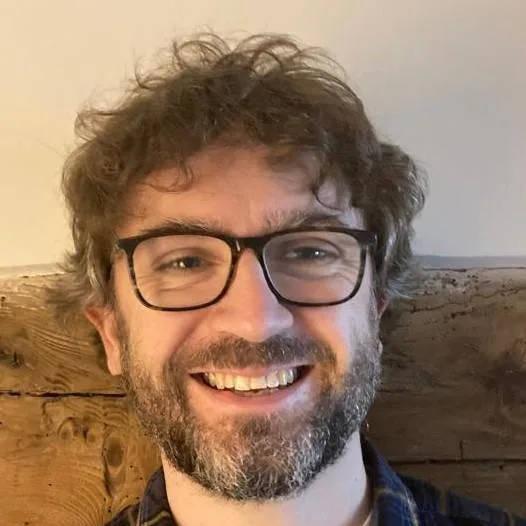
Brian D Nicholson, MRCGP, DPhil
,NHS General PractitionerNational Institute for Health ResearchAcademic Clinical LecturerNuffield Department of Primary Care Health Sciences
University of OxfordDr. Brian D Nicholson is an NHS General Practitioner and National Institute for Health Research Academic Clinical Lecturer based at the Nuffield Department of Primary Care Health Sciences, at the University of Oxford. He leads the multidisciplinary Cancer Research Group at NDPCHS and the Early Detection Theme for the Cancer Research UK Oxford Cancer Centre. He works to develop efficient and safe pathways for the diagnosis of cancer in symptomatic patients attending primary care. Through multiple grants funded by CRUK and the NIHR he has worked with colleagues to build an understanding of the optimal approach to safety netting to ensure patients with cancer symptoms are not lost during the diagnostic process.
- x
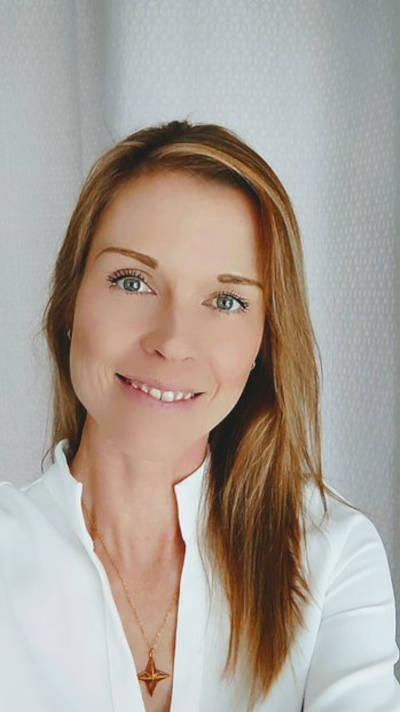
Claire Friedemann Smith, DPhil
Senior ResearcherCancer Research Group and the Nuffield Department of Primary Care Health Sciences
University of OxfordDr. Claire Friedemann Smith is a senior researcher within the Cancer Research Group and the Nuffield Department of Primary Care Health Sciences, University of Oxford. Claire has a health psychology and primary care science background and her research interests include routes to cancer diagnosis and in particular the clinical reasoning and communication strategies that facilitate cancer diagnosis at the earliest useful opportunity – avoiding late but also overdiagnosis. Claire has lead a National Institute of Health Research project to determine the components needed for effective safety communication and the qualitative evaluation of a toolkit to support safety-netting activities in primary care practices.
- x
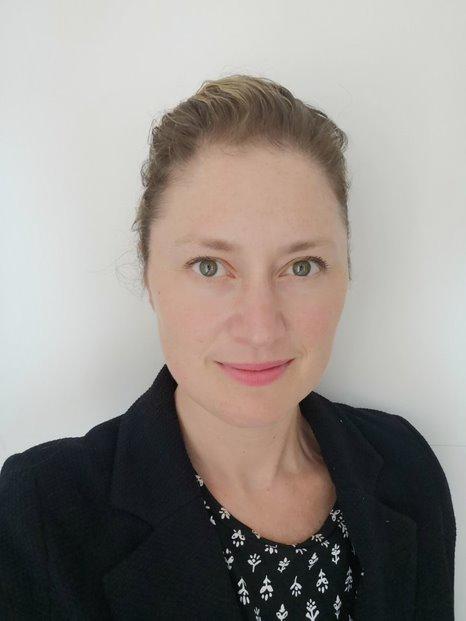
Georgia Black, PhD
The Health Improvement Studies (THIS) Institute Postdoctoral Fellow and Reader in Applied Health ResearchWolfson Institute of Population Health
Queen Mary’s University, LondonDr. Georgia Black is The Health Improvement Studies (THIS) Institute Postdoctoral Fellow and Reader in Applied Health Research within the Wolfson Institute of Population Health, Queen Mary’s University London. Georgia is a social psychologist whose research addresses diagnostic safety in non-specific symptom pathways for cancer. Georgia’s work supports healthcare improvement locally and nationally, including strong relationships with cancer charities, cancer alliances, and executive membership of the Policy Research Unit in Cancer Awareness, Screening and Early Diagnosis. Dr Black has led several projects addressing system safety in cancer pathways including a Roy Castle Lung Cancer Foundation-funded study looking at the impact of safety netting on patient experience and behaviour.
The term safety netting is used in some health systems to describe processes that intend to facilitate self-care and prompt follow-up. It has become regarded as best practice when managing cases of diagnostic uncertainty in primary care. Its use in clinical practice, however, is highly varied and dependent on clinician experience and the healthcare setting. Through their research, the speakers have synthesized the existing evidence to derive recommendations to enhance the communication of safety-netting advice and mapped these onto established consultation models. The session investigates and suggests proposed systems-based approaches to safety netting. These approaches are underdeveloped at present and their effectiveness remains largely untested.
This session will focus on safety-netting in the diagnostic process and seek to identify practical strategies to create safe and effective shared diagnostic decision-making between clinicians and patients.
This session has the following learning objectives:
- To understand the concept and role of safety netting in managing diagnostic uncertainty
- To learn about the communication of safety netting and systems for safety netting
- To develop an approach to safety netting appropriate to your healthcare setting


